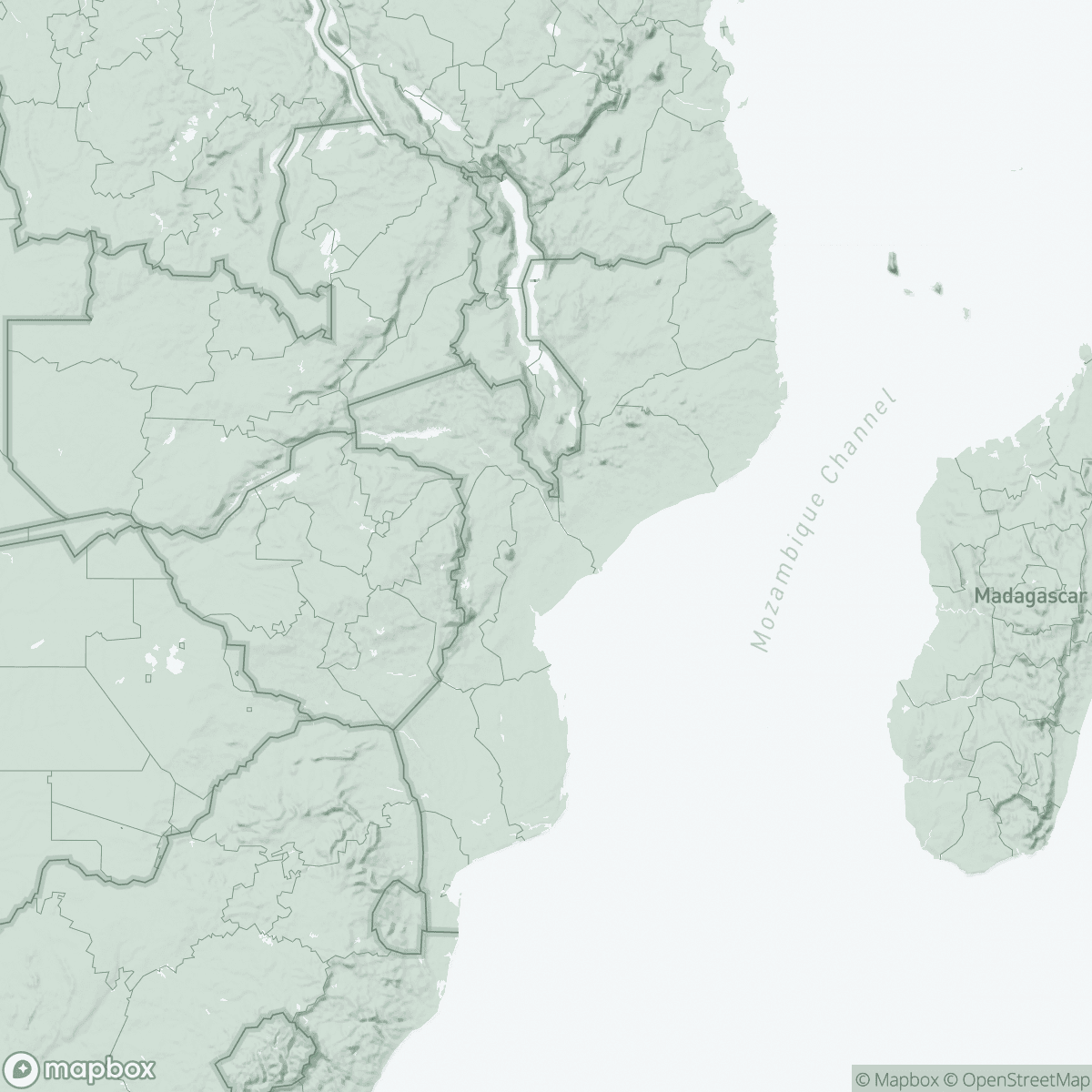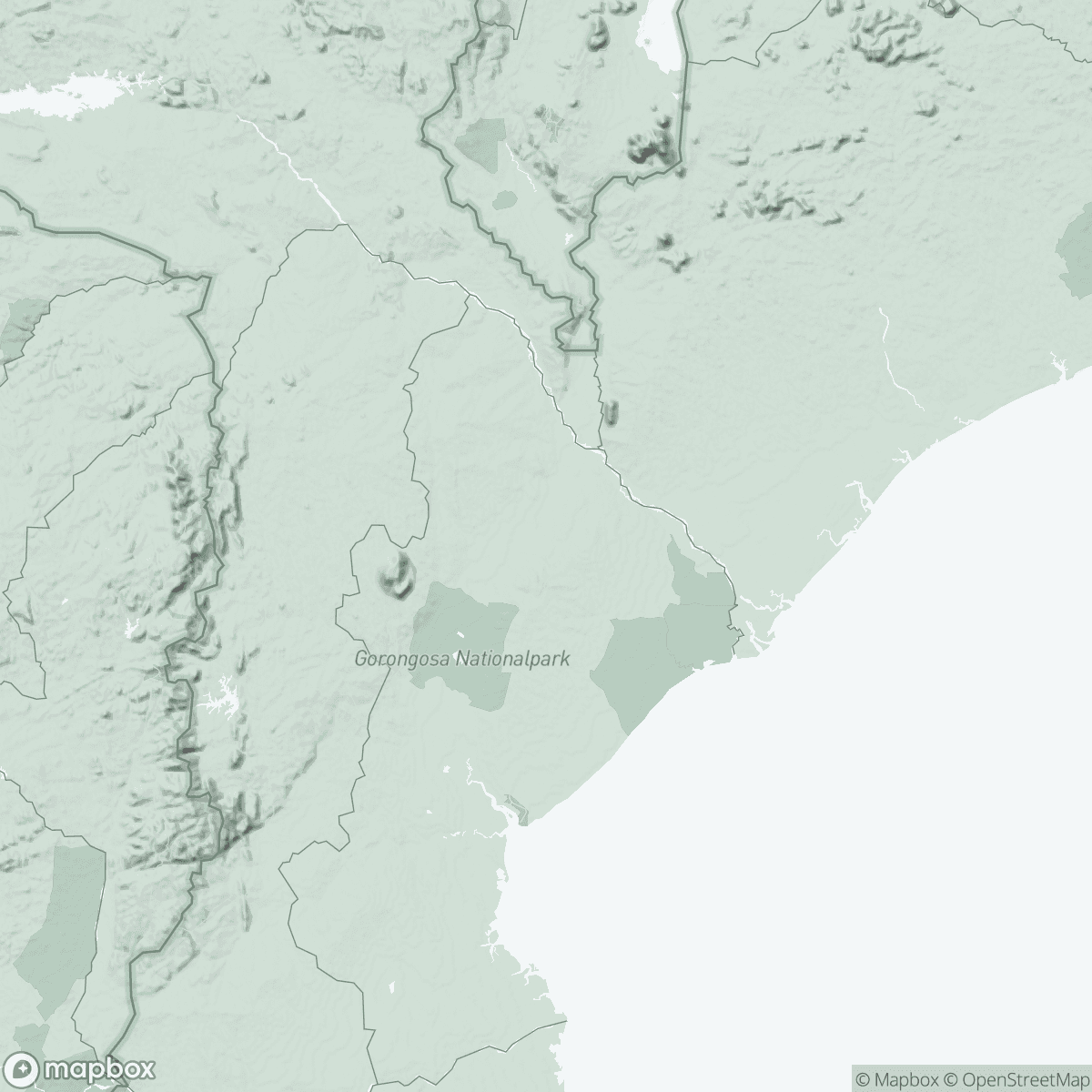
A hostile climate: how MSF humanitarian workers and communities are beginning to adapt to the challenges of climate change
In 1 click, help us spread this information :
Climate change is having devastating consequences for human health. A new report from MSF’s Humanitarian Action for Climate and Environment (HACE) Initiative and Heidelberg University Institute of Global Health describes how MSF humanitarian workers, patients and communities are experiencing and responding to a rapidly changing environment.
Read the latest climate-related news on the MSF Climate Hub website
Drawing on interviews with 49 humanitarian staff in 30 countries around the world, the report, ‘A hostile climate: Confronting the challenges of aid delivery in the context of climate change’, details how rapid and slow onset climate hazards, changes in water availability and quality, and food scarcity linked to climate change are amplifying humanitarian needs.
It also describes how climate change is challenging the ability of humanitarians to effectively respond to communities in distress, both by creating additional logistical hurdles to humanitarian response such as damaged infrastructure and supply chain disruptions, and by creating conditions hazardous to mental and physical health.
“In March [2022] there was Cyclone Gombe here, which created big problems at the community level. Some communities were isolated, and the MSF team was confined to one place… the bridges had collapsed, so we couldn't move the team from one region to another.” – MSF humanitarian worker, Mozambique
Climate change therefore deals a “double blow” to life-saving humanitarian aid, by simultaneously multiplying health risks, and making humanitarian interventions more challenging and complex to implement.
But, as the report reveals, MSF teams are beginning to adapt to this scenario alongside the communities in which they work. The humanitarian staff interviewed described both real and imagined efforts aimed at adapting MSF and communities to the realities of climate change, including raising awareness, anticipatory action, resilience-building, and fostering collaboration.
“I think we’ve got the opportunity to… refine our way of working. In Madagascar for example… doing data driven e-prep [emergency preparedness]… and surveillance, not just for infectious diseases, but of things like rainfall or crop yields, and food insecurity and malnutrition, rather than waiting for the kids with severe acute malnutrition to start turning up.” – MSF humanitarian worker, Switzerland
In general, the research finds that adaptive measures remain quite limited in scale and scope within MSF and in community – especially when one considers the considerable current and expected impacts of climate change. Scale up of adaptation efforts, then, represents a significant opportunity to strengthen humanitarian efforts and safeguard health.
“Many communities and organizations remain vulnerable to the escalating risks presented by climate change, because the response does not measure up to the needs,” says Léo Lysandre Tremblay, Lead of MSF’s Humanitarian Action for Climate and Environment (HACE) Initiative and a co-author of the report.
“This underscores the importance of more ambitious action to reduce risk, increase preparedness, and protect people and communities from the impacts of climate change. This report, which describes adaptation efforts employed, observed, and imagined by MSF teams, may offer ideas and inspiration to this end.”

The research described in the report was conducted with a view to better understanding how MSF humanitarian workers, patients and communities are experiencing and responding to climate change, and to more strategically adapting MSF’s operations to meet the challenges of the moment. MSF is sharing its findings in the hope that they assist other organizations to reflect on the health impacts of climate change on their practice, and to identify strategies and actions to minimize the impacts of climate-related health threats.


